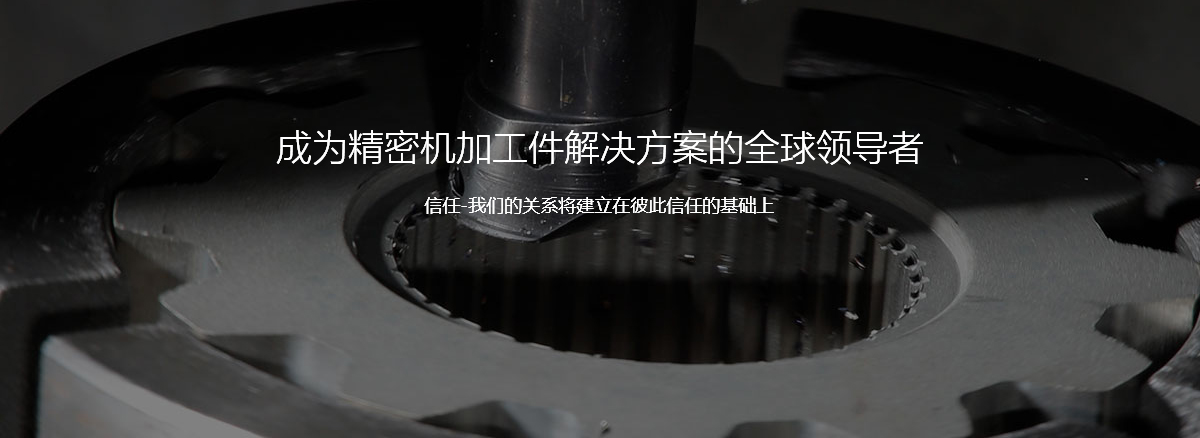Our country has a vast territory, with most areas located in subtropical regions. The temperature varies greatly throughout the year, and the temperature difference varies throughout the day. Therefore, people have different ways and degrees of intervention in indoor (such as workshop) temperature, and the temperature atmosphere around the machine tool varies greatly. For example, the seasonal temperature variation range in the Yangtze River Delta region is about 45 ℃, and the diurnal temperature variation is about 5-12 ℃. The machining workshop generally has no heating in winter and no air conditioning in summer, but as long as the workshop has good ventilation, the temperature gradient in the machining workshop does not change much. In the Northeast region, the seasonal temperature difference can reach 60 ℃, with a diurnal variation of about 8-15 ℃. The heating period is from late October to early April of the following year, and the machining workshop is designed with heating, resulting in insufficient air circulation. The temperature difference inside and outside the workshop can reach 50 ℃. Therefore, the temperature gradient in the workshop during winter is very complex, with an outdoor temperature of 1.5 ℃ measured from 8:15 to 8:35 in the morning, and a temperature change of about 3.5 ℃ in the workshop. The machining accuracy of precision machine tools will be greatly affected by environmental temperature in such a workshop.
What are the reasons that affect the thermal environment formed by various layouts within a close range of machine tools?
Mainly including the following four aspects:
1) Workshop microclimate: such as the distribution of temperature inside the workshop (vertical and horizontal directions). When day and night alternate or climate and ventilation change, workshop temperature will undergo slow changes.
2) Workshop heat sources: such as sunlight, radiation from heating equipment, and high-power lighting, can directly affect the temperature rise of the entire machine tool or some components for a long time when they are close to the machine tool. The heat generated by adjacent devices during operation can affect the temperature rise of the machine tool through radiation or air flow.
3) Heat dissipation: The foundation has a good heat dissipation effect, especially the foundation of precision machine tools. It is important to avoid being close to underground heating pipelines. Once it ruptures and leaks, it may become a heat source that is difficult to find the cause; An open workshop will be a good "radiator", which is conducive to temperature balance in the workshop.
4) Constant temperature: Adopting constant temperature facilities in the workshop is very effective in maintaining precision and machining accuracy of precision machine tools, but it consumes a lot of energy.


